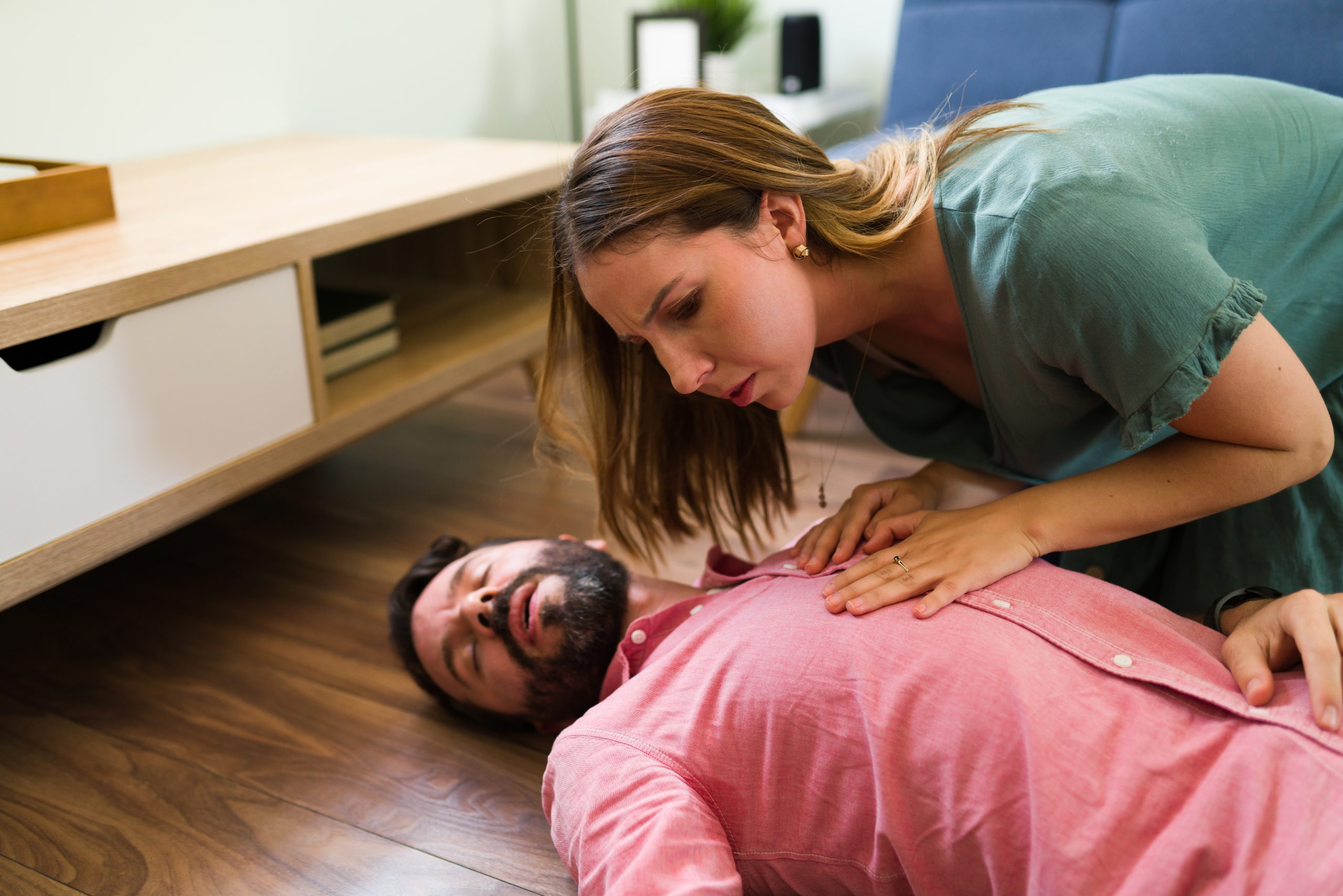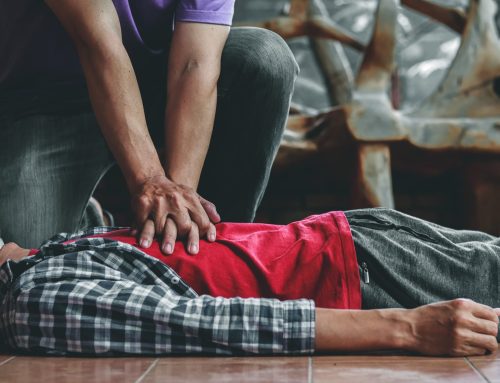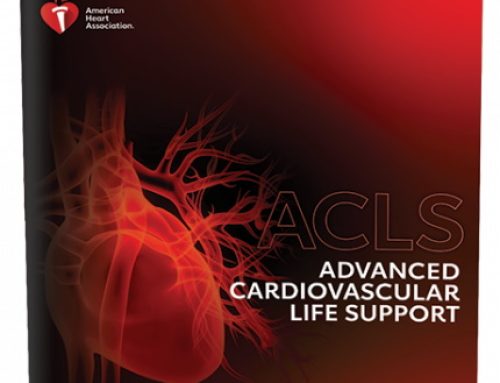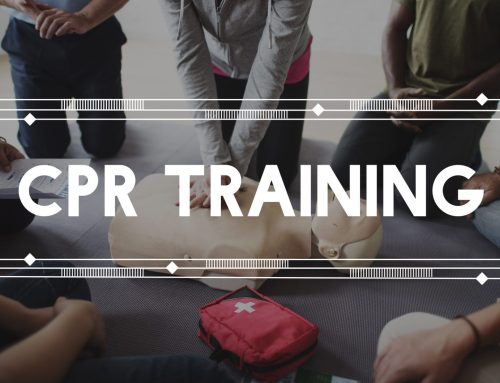What to know about Cardiac Arrest
Every year in the United States, more than 356,000 people experience a cardiac arrest outside of a hospital setting, and approximately sixty percent to eighty percent of those individuals pass away before they reach the hospital.2.
When the heart suddenly and unexpectedly stops beating, this causes a condition known as cardiac arrest. The circulation of blood to the rest of the body is shut off. Individuals who are able to survive a cardiac arrest may have a variety of mental health conditions, including but not limited to anxiety, post-traumatic stress disorder (PTSD), and depression or
In contrast to a heart attack (also known as a myocardial infarction), myocarditis (which refers to inflammation of the heart muscle), and pericarditis (which refers to inflammation of the outer lining of the heart), cardiac arrest is not the same thing.
Those who are older and male are the ones who are most likely to experience an episode. The risk of dying from cardiac arrest outside of a hospital setting is higher for men and women of African American or Black descent than it is for white men and women.
There are a number of factors that can lead to cardiac arrest, including a condition known as cardiomyopathy occurs when the heart muscle becomes enlarged or stiff, which results in abnormal contractions of the heart muscular tissue.
Coronary artery disease, which causes a reduction in the amount of blood that arrives at the heart could also occur. Another thing that could cause this to happen is a condition known as an arrhythmia, which occurs when the heart beats in an abnormal manner, either too slowly or too quickly.
A forceful blow to the chest, such as that delivered by a hard ball or steering wheel, can also be a cause, despite the fact that it is extremely uncommon (less than thirty cases are reported annually). Commotio cordis, also known as agitation of the heart, is also a known cause.
Warning Signs of Cardiac Arrest
– They have issues breathing
– Your person faints and or becomes unconscious (pass out).
– They don’t respond to yelling, or if you shake them.
– They don’t have a pulse.
Be able to save your loved ones in the event of a cardiac arrest episode. Take some CPR Classes. Learn what do to in these events.
Register for our classes on our Schedule Page
There classes are taught all over the Wilmington area
- Wilmington
- Jacksonville
- Shallotte
- Carolina Beach
- Surf City
- Hampstead
- Sneads Ferry
- Leland
- Southport







Leave A Comment